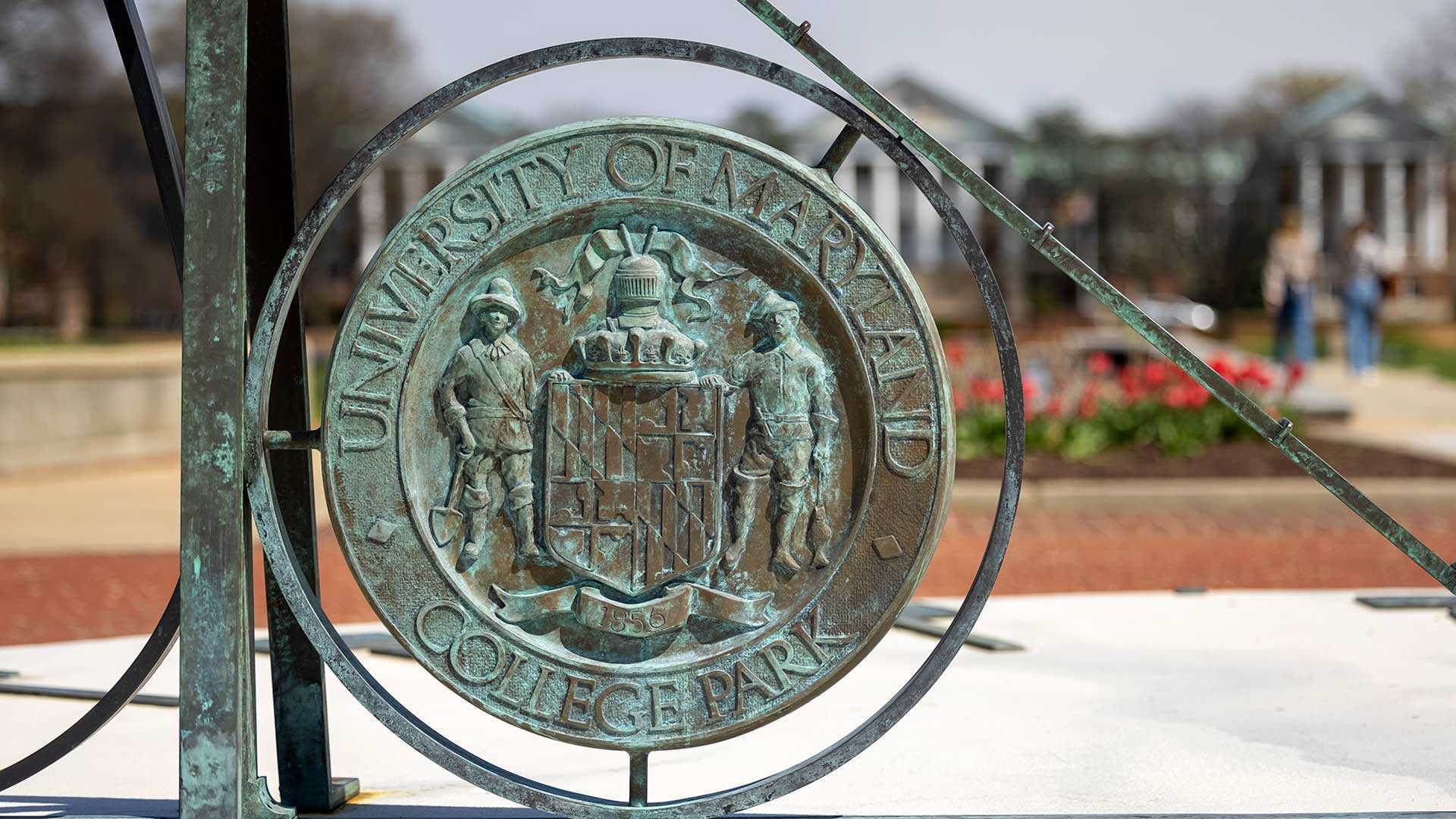COLLEGE PARK, Md. - Wendell T. Hill III, a University of Maryland quantum scientist, is among the 269 artists, scholars, business leaders and others elected to the American Academy of Arts and Sciences, one of the nation’s oldest and most prestigious honorary societies, the academy announced Wednesday.
Hill, a professor in the Institute for Physical Science and Technology, was recognized for his groundbreaking research focused on laser-matter interaction under extreme conditions—ultra-fast, ultra-intense and ultra-cold.
“We are proud to see one of our longtime faculty members, Dr. Hill, honored by the American Academy of Arts and Sciences for his trailblazing record of academic accomplishments,” said Amitabh Varshney, dean of UMD’s College of Computer, Mathematical, and Natural Sciences (CMNS).
“Professor Hill's election to the American Academy of Arts and Sciences is a remarkable achievement. His pioneering research and commitment to academic excellence serve as an inspiration to us all and reaffirm the University of Maryland's status as the Capital of Quantum," said UMD President Darryll J. Pines.
Hill joined UMD in 1982 and was promoted to professor in 1996. He is an affiliate professor in the Department of Physics and has been a fellow in the Joint Quantum Institute since 2006.
“I am very honored to be recognized by the American Academy of Arts and Sciences and humbled to be included in a group of such extraordinary individuals, several of whom are from our campus,” Hill said. “I resonate with the purpose ‘to serve’ and look forward to joining my colleagues in this effort for the common good.”
Hill's recent work uses ultracold atoms to study fundamental quantum features, attosecond pulses to probe quantum-correlated electron dynamics in atoms and molecules and super-intense laser pulses to investigate ephemeral particle-antiparticle pairs that reveal the quantum nature of the vacuum.
He has published more than 150 articles, and he has advised and mentored dozens of undergraduate, graduate and postdoctoral students, and junior faculty members.
Hill is a fellow of the American Physical Society and a member of the National Academies’ Board on Physics and Astronomy and the Scientific Advisory Committee for the Centro de Lasers Pulsados in Spain. He received the National Science Foundation (NSF) Presidential Young Investigator Award (now known as the Presidential Early Career Award for Scientists and Engineers) and the designation of Science Maker by the History Makers. He also served as director of the NSF’s Atomic, Molecular and Optical Program from 2010 to 2012.
Hill earned his bachelor’s degree in physics from the University of California, Irvine in 1974 and his Ph.D. in physics from Stanford University in 1980.
The American Academy of Arts and Sciences was founded in 1780 by John Adams, John Hancock and others; its new members in 2023 also include author Zadie Smith, actor and playwright Lin-Manuel Miranda and Nobel laureate and CRISPR gene editing technology’s co-inventor, Emmanuelle Charpentier. See the full list of new members.

